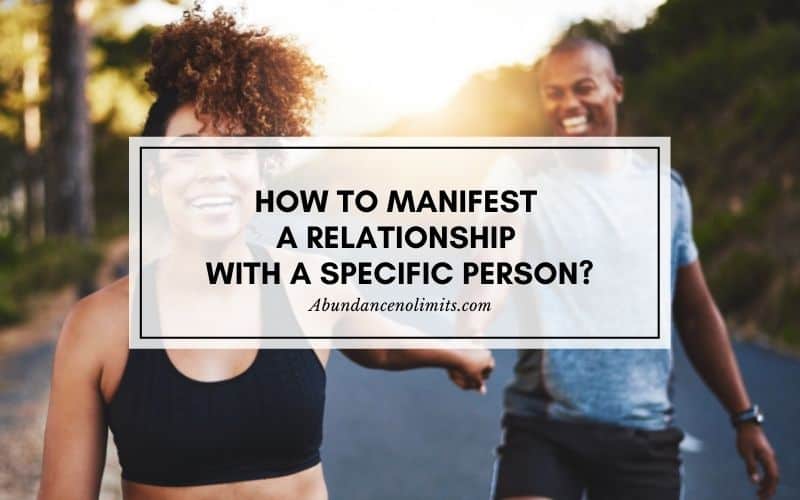To All Those Who Seek Abundance and a Fulfilling Life
Learn To Develop an Abundance Mindset
Receive regular tips and updates, starting with this free courses today.
Law of Attraction Guide for Beginners
Did you hear about the Law of Attraction from an excited fan of this magical concept?
Most probably, yes. When the person animatedly described how the Law of Attraction transformed his/her life, you must have thought that it sounds too good to true. Read on to find that it truly is.
A simple analogy to the Law of Attraction is the law of gravity. We have no control over its presence or how it affects us. But we can choose to rein it in to benefit us. Like gravity, the Law of Attraction is just there for everyone to harness. It is up to us whether we want to be skeptical about it, ignore it, fight it or embrace it to derive its benefits and bring positive things into our lives.


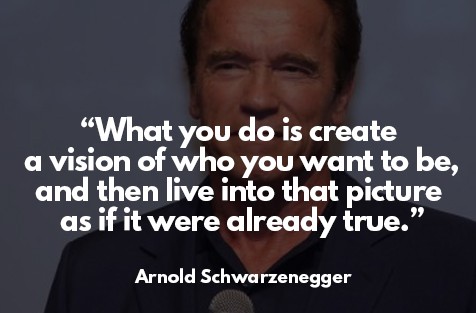
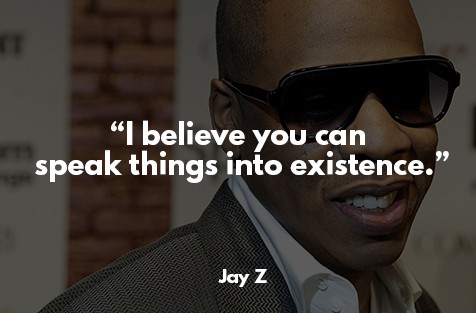
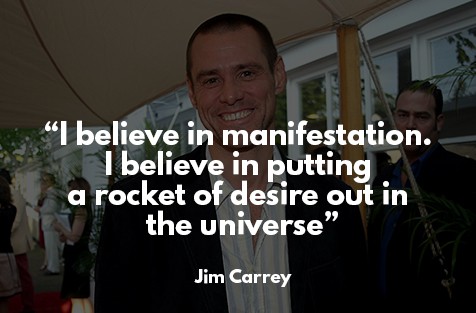
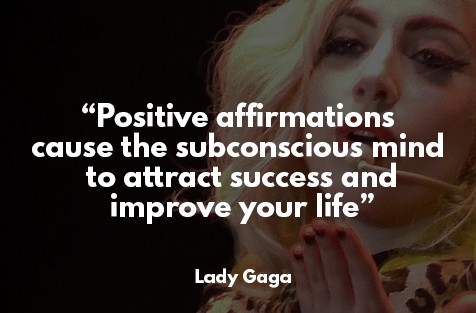
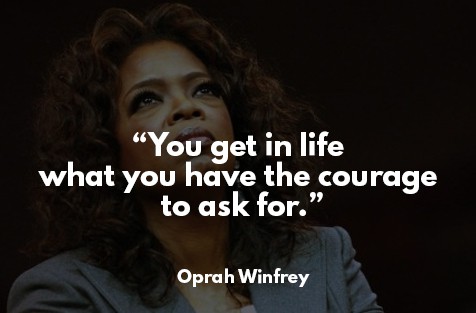
Latest Articles
How to Manifest Using Paper and Pen?
Are you aware that you can manifest all your goals with the Law of Attraction? No desire is too outlandish, ambitious, excessive, or extravagant. Even ...
How to Manifest a Relationship with a Specific Person?
This is the stuff of dreams. You are attracted to this person but they are treating you just as a friend. And, you really would ...
60 Powerful Positive Affirmations for Work Stress
A killer is prowling your workplace – a silent assassin that lurks in the shadows, catching you unawares, sucking out your energy, blowing up your ...
How to Ask the Universe for Something You Want?
Most of us are constantly asking the Universe (you may call it God, Higher Power, or by any religious name of God) what we want ...
Speaking Things into Existence: The Law of Attraction
Words—so innocent and powerless as they are, as standing in a dictionary, how potent for good and evil they become in the hands of one ...
Buddhist Manifestation Techniques: Discover the Key to a Magical Life
Welcome to the fascinating world of Buddhist manifestation techniques, where ancient wisdom meets modern-day personal growth aspirations. In these times of uncertainty and stress, it’s ...


